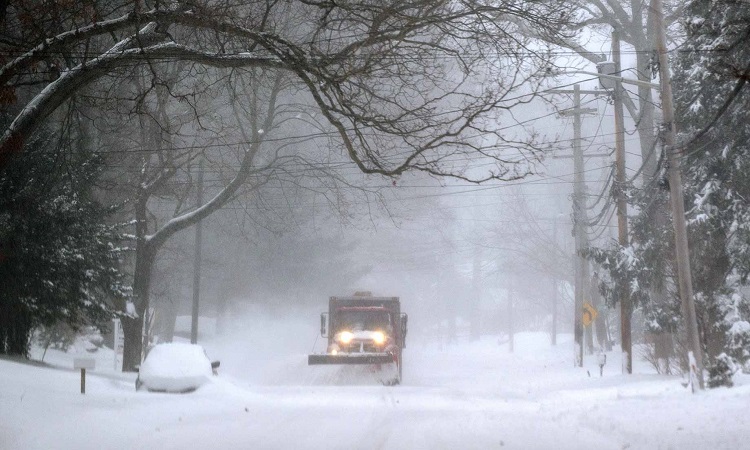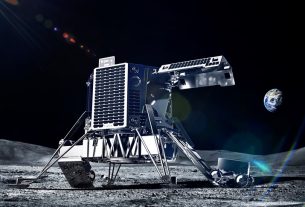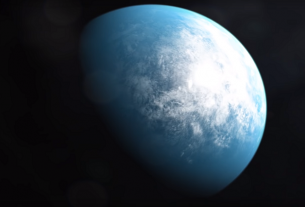An acceleration of the water cycle is underway due to global warming. This phenomenon, occurring on a global scale, could increase the risk of drought and heavy rainfall in areas already affected by either aridity or high humidity.
Greater evaporation from the surface of the oceans
The water cycle is the natural phenomenon relating to the course between the great reservoirs of liquid, solid (or water vapour) water on Earth. These are oceans, lakes, rivers, groundwater, glaciers and the atmosphere. In February 2022, an Australian study stated that the acceleration of the current water cycle would be faster than expected. The cause of this acceleration of the water cycle is none other than global warming, which modifies the salinity of the oceans. However, a study led by the Institute of Marine Sciences (ICM) in Barcelona (Spain) and published in the journal Nature on April 15, 2022 precisely shows that fresh water is becoming softer and salt water more and more more salty.
In order to reach this conclusion, the scientists used forecasting models. These were already predicting the phenomenon, but its speed of execution had so far been underestimated. Unfortunately, this work points to greater evaporation at the surface of the oceans, leading to an increase in the salinity of salty surface waters and an increase in the amount of humidity in the atmosphere.
A 7% acceleration of the water cycle per degree
This acceleration of the water cycle should have very unpleasant consequences. The authors of the study indicate that wetlands will be wetter. The regions in question are expected to experience more intense (even torrential) and more frequent rainfall, which will lead to increased flooding. Conversely, arid areas are expected to suffer even more from drought. This could lead to an unprecedented global crisis, when already today, a quarter of humanity suffers from lack of water.
Also, global warming is causing the winds to weaken in general. However, less powerful winds give surface waters the opportunity to warm up more. In addition, the latter can no longer really mix with the colder waters located deeper. Result: surface water evaporates and salt stagnates on the surface.
According to predictions, each additional degree of warming generates a 7% acceleration of the water cycle. And even if humanity manages to keep the rise in temperatures to 2°C, extreme weather phenomena will be more than a dozen times more powerful than those that occurred at the dawn of the industrial revolution.




